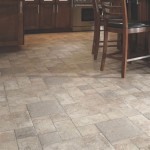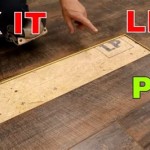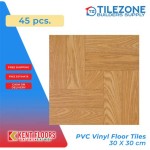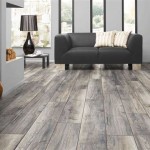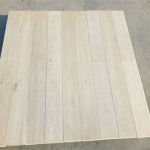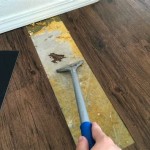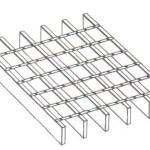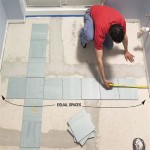Old Fashioned Linoleum Flooring: An Enduring Legacy
Nostalgic and enduring, old-fashioned linoleum flooring has stood the test of time, captivating homeowners with its timeless beauty and resilience. This flooring material, crafted from natural materials like linseed oil, wood flour, and jute, embodies the charm and durability of a bygone era.
Origins and History
Linoleum's lineage can be traced back to the mid-19th century when Frederick Walton, a British inventor, stumbled upon a new use for linseed oil. His experiments led to the creation of a pliable flooring material that was both practical and aesthetically pleasing. Linoleum quickly gained popularity as a cost-effective alternative to natural materials like rubber and cork.
Composition and Structure
Old-fashioned linoleum is composed primarily of linseed oil, which provides flexibility and water resistance. Wood flour, derived from renewable forest resources, adds strength and dimensional stability. Jute, a natural fiber, serves as the backing material, ensuring durability and ease of installation.
Unparalleled Durability
Linoleum's legendary durability makes it an ideal choice for high-traffic areas. Its dense, resilient surface can withstand the rigors of daily wear and tear, making it a favorite for kitchens, bathrooms, and commercial spaces. Proper maintenance can extend its lifespan for decades, ensuring years of reliable performance.
Timeless Aesthetics
Beyond its durability, linoleum flooring is celebrated for its timeless beauty. Its inherent patterns, ranging from intricate mosaics to classic marbles, evoke the charm of yesteryear. Linoleum's natural pigments provide vibrant hues that can complement any interior design scheme, creating spaces that are both functional and alluring.
Environmental Stewardship
As a natural and biodegradable material, linoleum contributes to sustainable building practices. Its low VOC emissions minimize indoor air pollution, promoting a healthy living environment. Moreover, the use of renewable resources reduces the environmental impact associated with other flooring materials.
Maintenance and Care
Maintaining old-fashioned linoleum flooring is relatively straightforward. Regular sweeping or dry mopping removes surface dirt and debris. A damp mop with a mild detergent can be used for deeper cleaning. Avoid harsh chemicals or abrasive pads, which can damage the surface. Occasional application of linoleum wax or polish enhances its shine and preserves its beauty.
Conclusion
Old-fashioned linoleum flooring remains a beloved and enduring choice for homes and businesses alike. Its exceptional durability, timeless aesthetics, environmental friendliness, and ease of maintenance make it a versatile and practical flooring solution. Whether you seek a nostalgic touch or a durable flooring material for your high-traffic areas, linoleum flooring offers a blend of charm and resilience that will stand the test of time.

Linoleum Lives On Cooper Hewitt Smithsonian Design Museum
That 70s Floor The Designers Behind A Familiar Vintage Kitchen Pattern 99 Invisible

The Beautiful World Of 1940s Linoleum Flooring Vintage Inn

Secondhand Rose Vintage Wallpaper Linoleum In Nyc Decor8 Flooring

Vintage Linoleum Flooring Retro Pink Kitchens Inspiration

Scanning Around With Gene Linoleum Love Creativepro Network

26 Companies That Make Flooring Cork Linoleum And Vinyl Suitable For A Midcentury House Retro Renovation

Linoleum S Luxurious History And Creative Renaissance

The Beautiful World Of 1940s Linoleum Flooring Vintage Inn

Flooring Styles Of The 20th Century You Can Use Today
Related Posts

